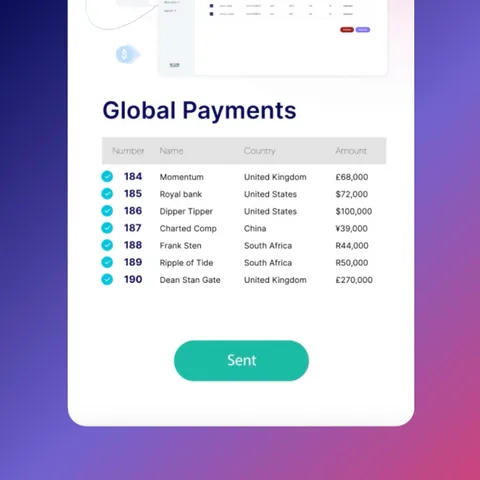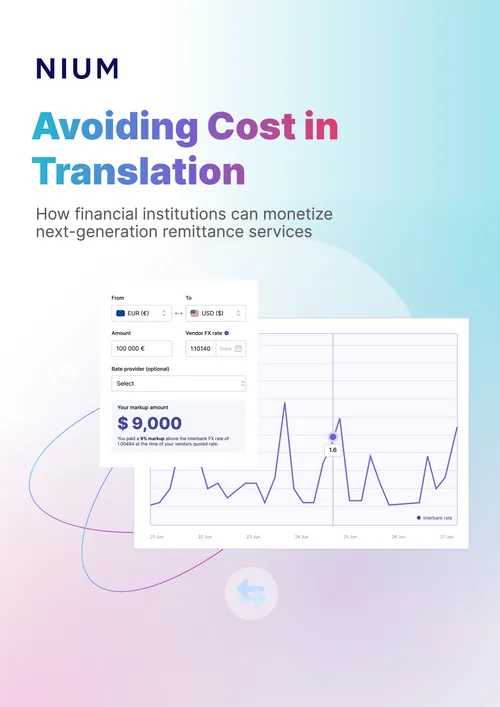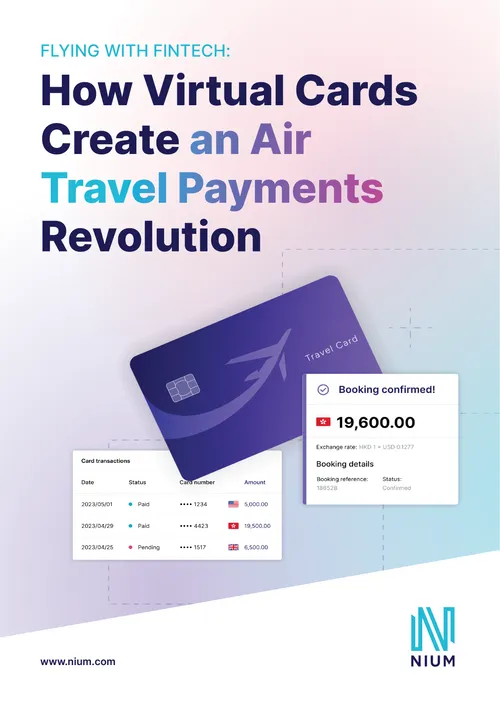Using Real-Time Payments To Attract And Retain Gig Workers
Published Sep 8, 2021
Most valuable feature of the gig economy is the short-term commitment to employer and employee relationship – but this feature also creates challenges for employers/businesses. can hurt businesses by eroding company culture, removing valuable experience and delivering inconsistent experiences to customers.
To stay competitive, businesses need to do everything they can to keep their gig workers happy and loyal. Payments, in particular, are a serious pain point for gig workers making them unhappy and eventually switch employers. But payments also provide a valuable opportunity for businesses to earn goodwill among gig workers.
Traditional payments capabilities make it hard to win loyalty
For freelancers, the gig economy’s biggest advantage is its flexibility. If workers aren’t happy with their current employer, they can move to another job without any of the hassle that comes with exiting full-time employment. New roles are only a click away.
This leaves them well-placed to take advantage of the gig economy’s recent growth. As the sector continues to expand each year, gig workers can choose between a broader range of employment options than before. Thanks to remote working, gig workers are no longer tied to one physical location – the gig economy has expanded into every continent and is now truly global.
Another big driver of gig worker movement is rising employee expectations. The freelance workforce is increasingly dominated by younger generations, for instance Millennials comprise 42% of the gig workforce in the US. These young freelancers have grown up using the internet, and are accustomed to seamless, instant, and personalised online services in every aspect of their lives. Their jobs are no exception. Rising worker expectations are increasingly shaping the direction of the gig economy – businesses that can’t flex around gig workers’ needs will lose staff to businesses that can.
Nearly half of surveyed gig workers have cited income instability as their major working challenge. Unpredictability of payments resulting in unstable cashflows make it much harder for workers to manage their finances, and force freelancers to borrow to meet financial obligations. Cashflow issues are a huge contributor towards stress and unhappiness, and probably the biggest single issue gig employers need to resolve if they want to keep workers content.
Hidden fees and delayed payments also irritate gig workers. Traditional SWIFT bank transfers are slow, and often include deductions (like handling charges) which can eat into their incomes. Likewise, if the employer and the worker are based in different countries, currency conversions and regulatory hurdles may generate frustrating delays and costs.
Adopt new-age digital payment capabilities to gain competitive advantage
Irregular and inconvenient payments cause gig workers a lot of pain, but they also provide an opportunity for companies to stand out. Embracing payment platforms that soothe these pain points by offering a range of flexible payment options, real-time money movement, and low foreign exchange fees means businesses can hold onto vital working relationships with gig workers and can also attract top talent.
A survey by Visa Insight revealed that three quarters of gig workers would be willing to pay extra to receive real-time payments Gig businesses can get ahead by ensuring that payments are:
- Prompt: Delayed payments are the biggest cause of unhappiness for gig workers and the majority of gig workers have stated that they’d perform better if paid faster. Employers have to be able to consistently deliver speedy transfers to workers across the globe.
- Flexible: As the gig economy grows and the freelancer profile becomes more diverse, platforms should respond in a way that meets each worker’s specific requirements. For example, offering a range of payment options (like digital wallets, virtual cards and direct to bank payments), or being able to bring forward a transfer to help a worker cope with a sudden financial crisis will do a lot to build goodwill.
- Efficient: Gig workers increasingly want money movement directly into their account, with minimal hassle and no concealed charges. To deliver this, businesses need a simple, seamless and globally scalable payment system that streamlines the process from beginning to end.
For any company in the gig economy, good payments are vital to keeping freelancers happy, productive and loyal. Nium can help businesses do that by supporting the ability to make real-time payments, which allow workers to get their money when they want it, how they want it.

Related Articles

.png@webp)
.png@webp)
.png@webp)




.png)










